
Republic of Kazakhstan
Email: ccasc@kimep.kz
This weekly section provides an overview of key political, economic, and social developments across the five Central Asian states. It highlights the region’s most relevant policy trends, international engagements, and sectoral updates in areas such as energy, digital development, environment, and finance. The section is compiled and edited by Maryam Agharabi, Coordinator of the China & Central Asia Studies Center. For enquiries, you may contact maryam.agharabi[a]kimep.kz.
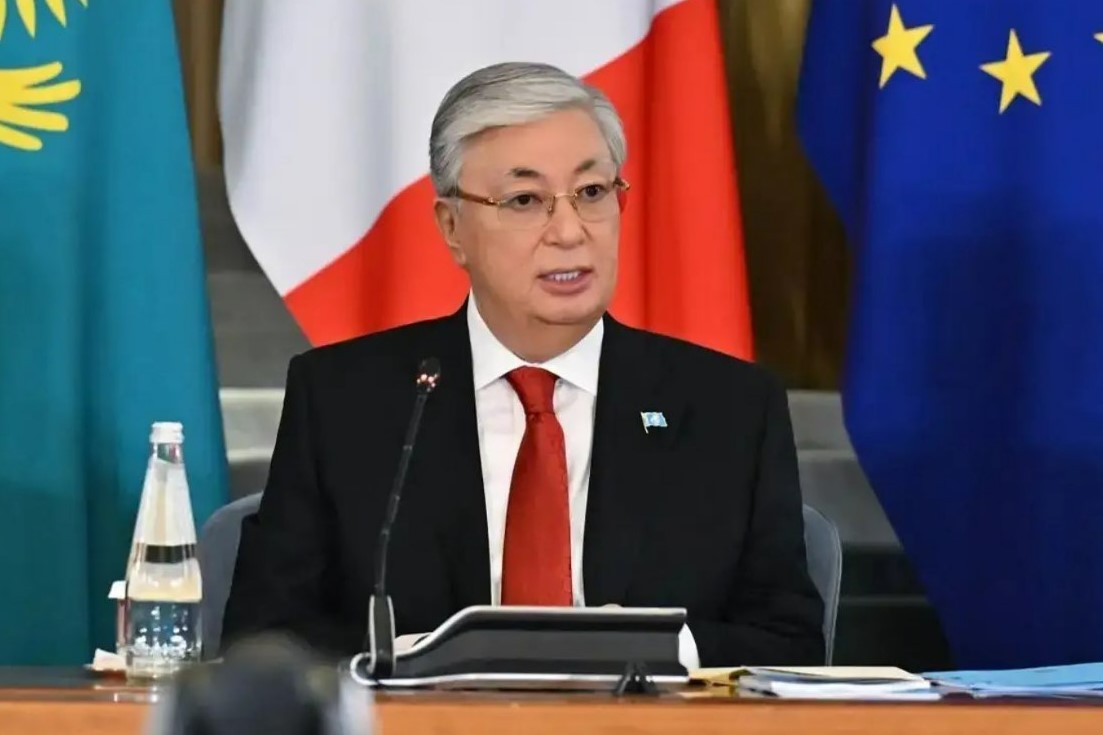
This past week, the media paid attention to President Tokayev’s state visit to Italy, where the President announced increasing business ties with Italian and companies and increasing Kazakhstan’s economic and investment relations with Italy; the meeting of Kazakhstan’s Foreign Minister in Dushanbe, Tajikistan, where Kazakhstan announced it will increase its imports from Tajikistan by $190 million this year; the Uzbekistani President’s state visit to China, where business ties were further enhanced; Kyrgyzstan’s retooling of its electrical grid to include more imports of electricity and the development of renewable energy investments; and the meeting of a regional summit in Kabul to address Taliban-led Afghanistan’s relations with its neighbors in Central and South Asia.
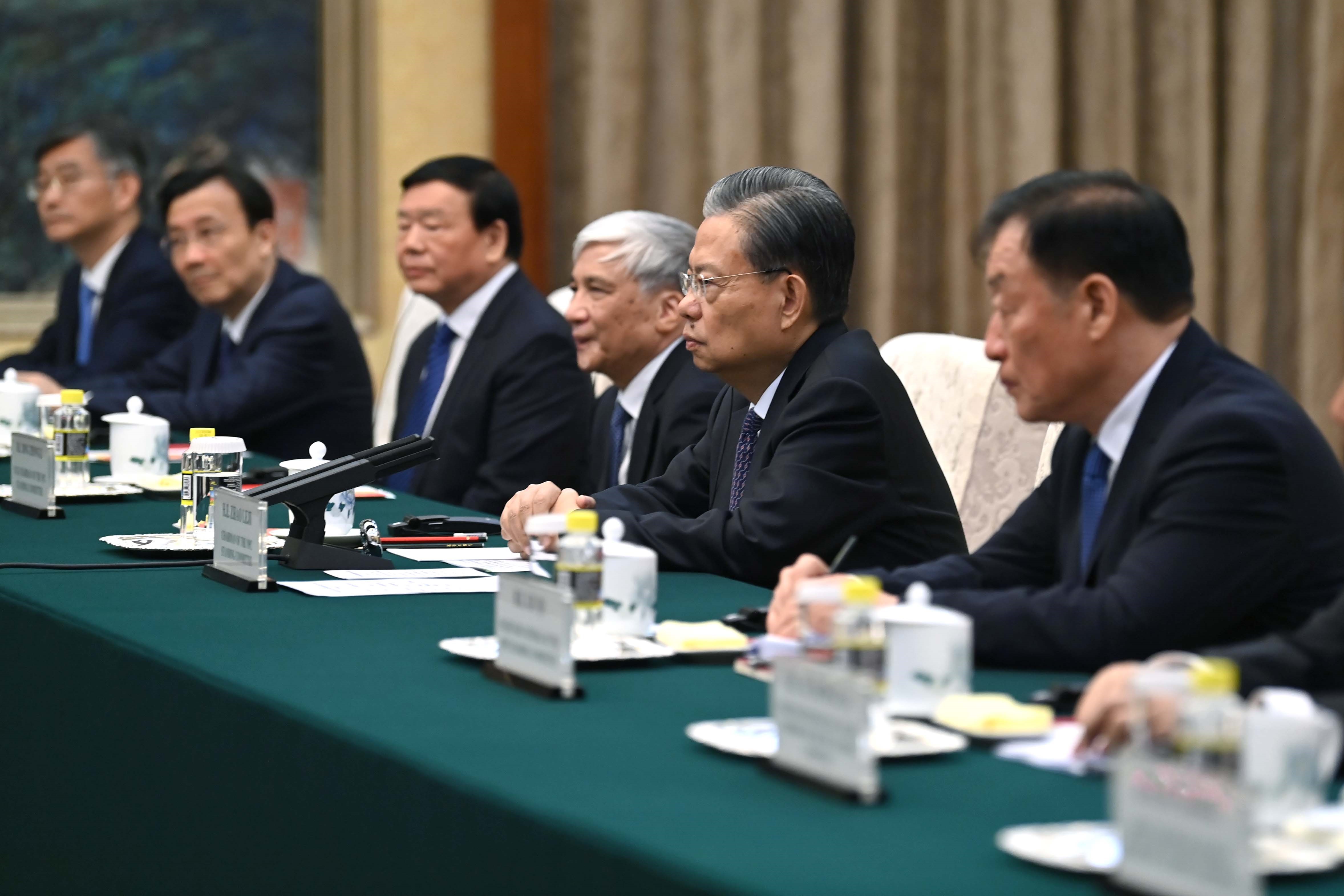
This past week, the media paid attention to preparations made in Astana for a state meeting with China’s Vice Chairman of the Standing Committee of National People's Congress, which will seek to enhance ‘inter-parliamentary’ ties between the two states, UN officials meeting in Astana to address the deteriorating humanitarian situation in Syria, Kazakhstan committing to send peacekeepers and food aid to the country, Uzbekistan and Kyrgyzstan’s presidents seeking to strengthen infrastructure ties with China and to improve high-level cooperation which has been met with some criticism in Kyrgyzstani civil society, Uzbekistani and Tajikistani delegations arriving in Qatar to discuss investment opportunities and ties in the industrial and agricultural sectors, and Taliban officials claiming that Afghanistan’s borders have been secured from Islamic State incursions, following weeks of fighting.
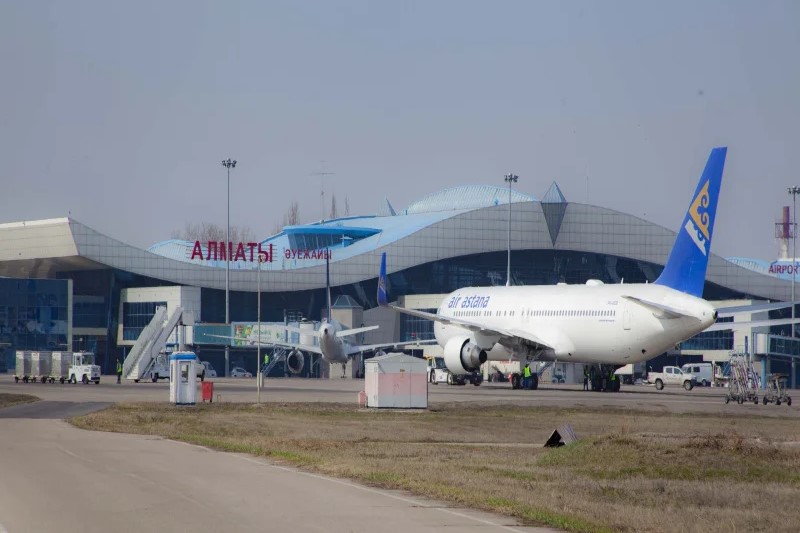
Almaty International Airport is currently undergoing a significant expansion project, introducing a state-of-the-art international terminal to the Southern hub. Concurrently, an increasing number of airlines, particularly low-cost carriers, are initiating direct flights to Almaty International Airport.
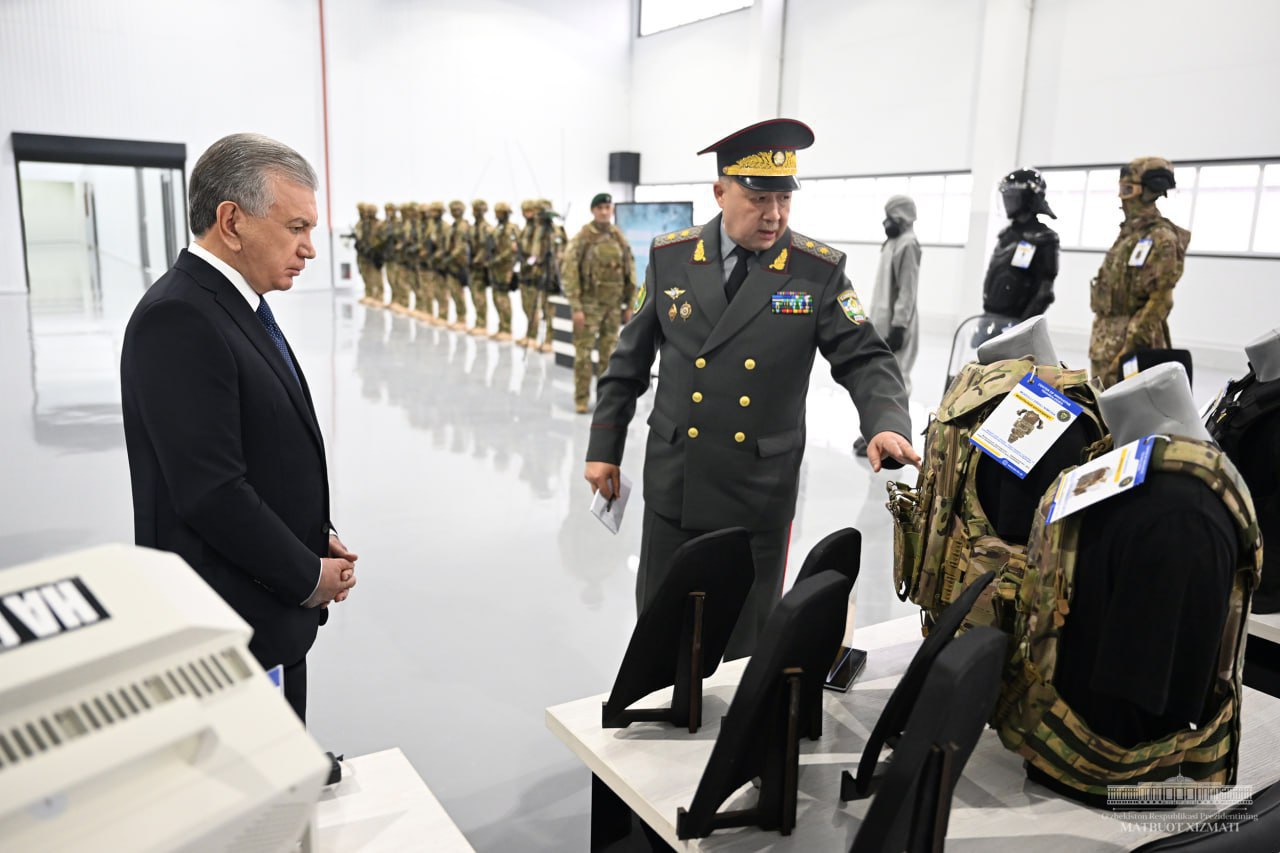
This past week, the media paid attention to Kazakhstan’s reaffirmation that it supports the ‘One-China’ policy and the peaceful reunification of China and Taiwan following the election of William Lai, a pro-independence candidate in Taiwan, Kazakhstan's newly announced tax scheme to lower the tax rate for over forty creative industry professions in the country, President of Uzbekistan chairing a Security Council meeting to address the need for greater weapon production and ‘patriotic education’ for the younger generation of Uzbekistanis, Kyrgyzstan and Tajikistan reaching a ‘fundamental’ deal on their years-long border dispute and Turkish officials believing the dispute to be resolved by March, and finally, Iranian and Pakistani officials planning to meet in Islamabad to discuss how to stabilize Afghanistan and prevent extremist groups from being harbored in the country.
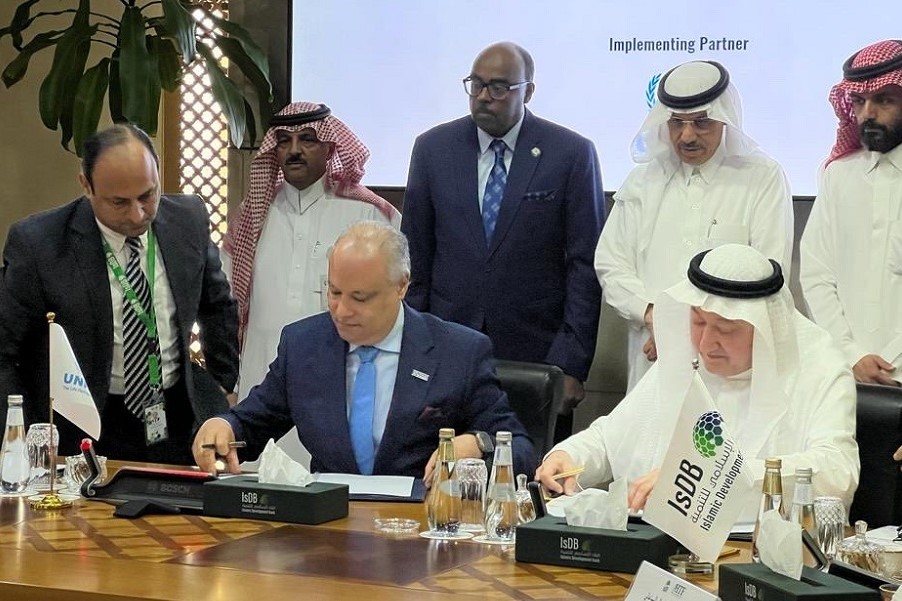
This week the regional media reported on President Tokayev’s legislative initiatives in 2024 and meetings with high parliamentary officials, magnitude 3.0 and greater earthquakes that impacted Kazakhstan, Kyrgyzstan, and Uzbekistan, the arrest of an Uzbekistani official on charges that he helped Uzbek citizens illegally immigrate to the United States, signing of bilateral agreements between Turkmenistan and the UAE, following President Berdimuhamedov’s visit to Abu Dhabi, and the Taliban’s efforts to court foreign investment to boost the economic situation in Afghanistan.

This week, Central Asian media outlets covered a Kazakhstani government initiative to promote the development of creative economy in the country and the expansion of Kazakhstan’s regional soft power influence; the signing of a $70 billion free trade agreement between Iran and the EAEU; Kazakhstan’s removal of the Taliban from a list of prohibited organizations; Uzbekistan’s efforts to promote energy security through the construction of power plant facilities; Tajikistan’s efforts to develop a green economy and to protect its cultural heritage, and the Taliban government’s initiative to promote further cooperation with Central Asia.
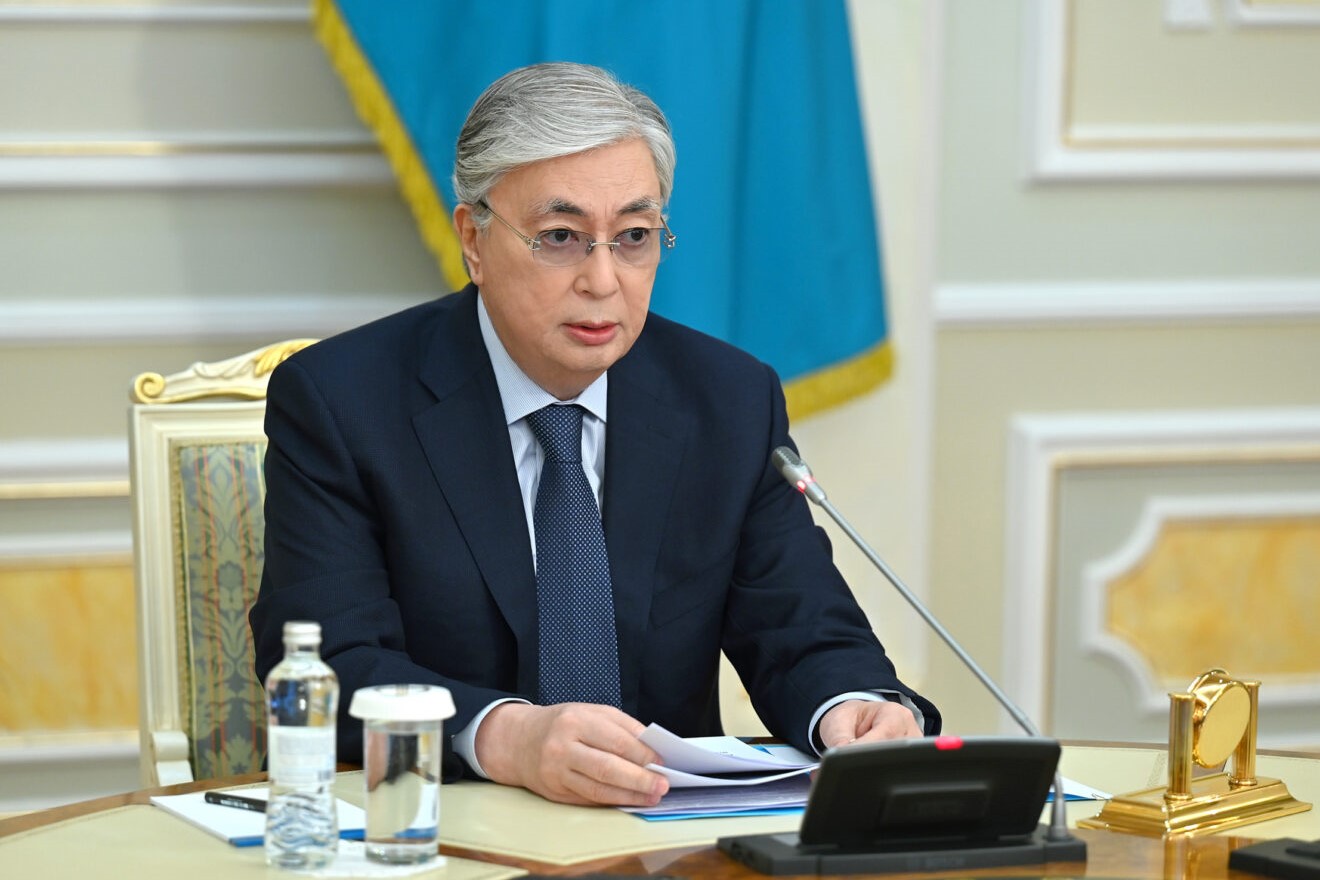
This past week, the media paid attention to an action plan signed by Kazakhstan’s President to support human rights in the country and further develop the rule of law and institutions, Kazakhstan’s senate ratifying the United Nations’ Optional Protocol to the Convention of the Rights of the Child on World Human Rights Day, granting more protections to children under Kazakhstani law, Iraqi officials hosting bilateral talks with Uzbekistan in Baghdad to develop the two countries’ strategic relationship, Turkmenistan and the United Nations Development Programme developing a series of cooperative initiatives to improve human development in the country, and the United States providing Afghan refugees located in Pakistan with $77 million in aid.
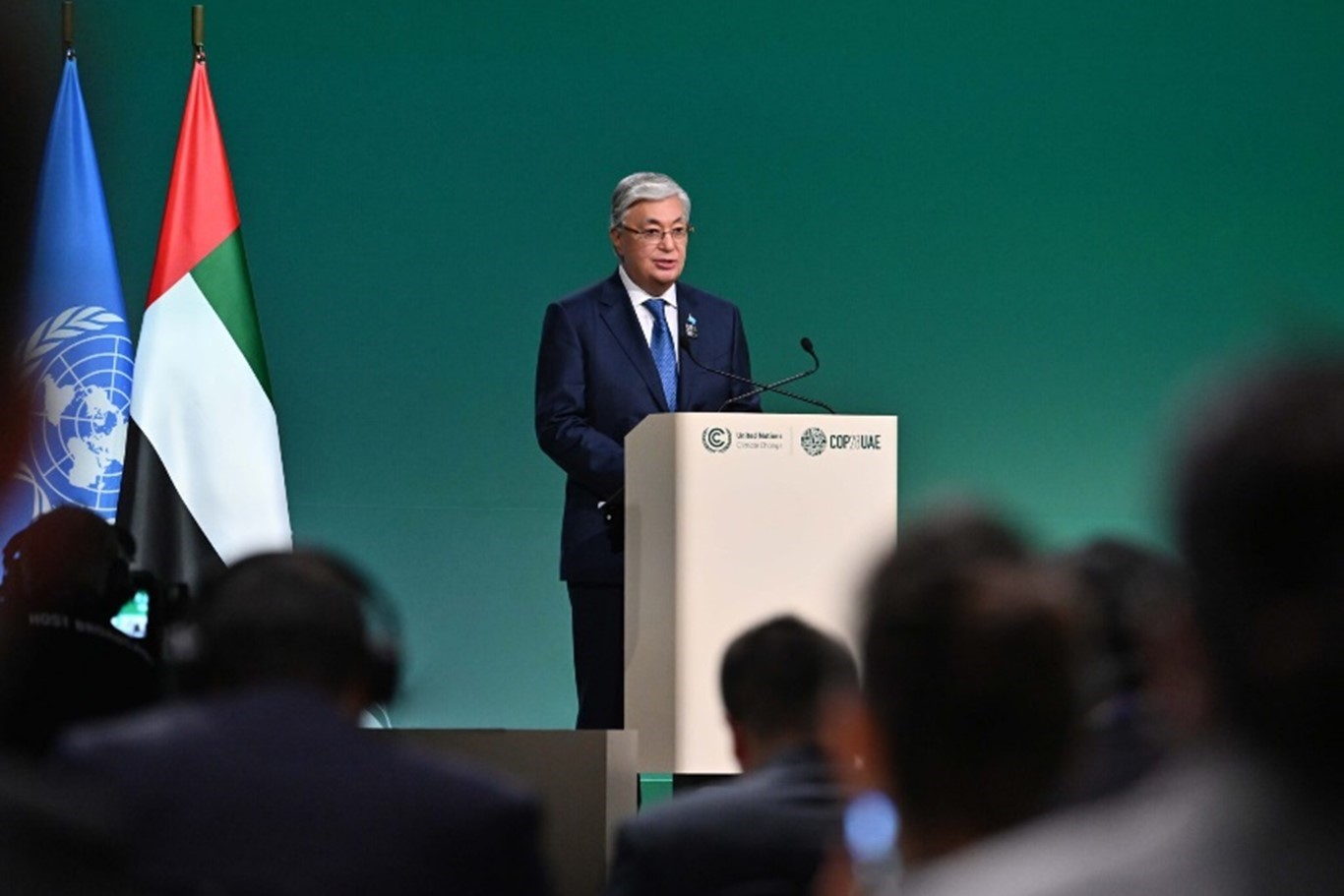
This past week, the media paid attention to President Tokayev’s address at the COP 28 Summit in Dubai, where the he addressed his country’s future in a carbon-neutral, green global community, Kazakhstani press and the Indonesian ambassador meeting in Astana to discuss the future of their countries’ bilateral relationship, Uzbekistan announcing that their Senate will change electoral laws to lower the vote threshold for candidates to win elections, Kyrgyzstani and Tajikistani officials confirming having held meetings to rectify the two countries’ border dispute, Taliban leaders having met with UNAMA officials, and the head of the organization, Roza Otunbayeva, discussing the issues facing Afghanistan.
